T4K3.news
Kohli faces trial over alleged indecent assaults
Hardeep Singh Kohli appeared at Glasgow sheriff court denying three indecent assault charges, one sexual assault and two breaches of the peace related to events between 2007 and 2016, including at BBC Studios.
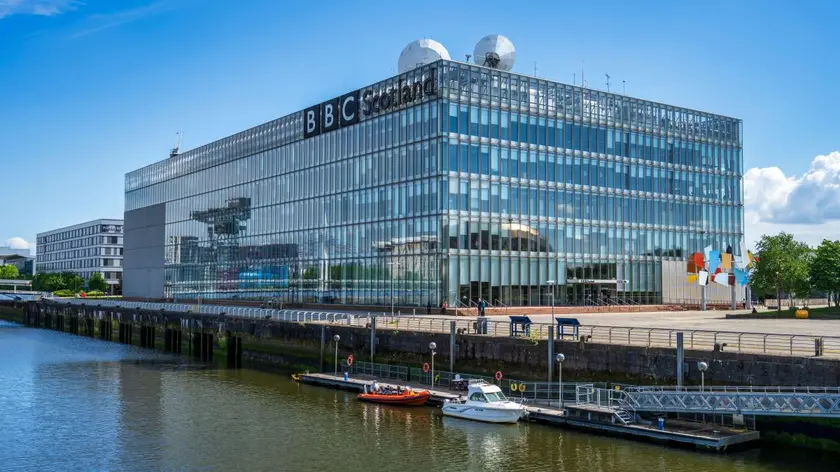
An editorial analysis of charges against Hardeep Singh Kohli and their implications for trust in media and due process.
Kohli faces trial over alleged indecent assaults
Hardeep Singh Kohli, 56, appeared at Glasgow sheriff court to face three indecent assault charges, one sexual assault and two breaches of the peace. The allegations cover a period from April 2007 to December 2016 and include an incident at BBC Studios in Pacific Quay, Glasgow. Kohli has denied all charges.
Known for television work on programs such as The One Show and appearances at the Edinburgh Fringe, Kohli's case places a spotlight on how media figures are treated when serious claims surface. The proceedings raise questions about safeguarding, workplace culture, and how organisations respond to complaints while respecting due process.
Key Takeaways
"Trust is earned in quiet work not loud headlines"
editorial takeaway on accountability
"Due process should guide every step not speculation"
legal standards in coverage
"Accountability must reach every corner of the media world"
industry wide implications
"Victims deserve safety and a fair hearing"
victim support in coverage
The case tests how audiences balance accountability with the presumption of innocence for public figures. It also pushes media organisations to examine internal safeguards and reporting practices when staff or guests are accused. The outcome could influence newsroom norms and how courts weigh allegations when public figures are involved.
If the trial proceeds, the results may shape trust in media institutions, victim protections, and the handling of misconduct across the sector. The attention drawn to this case highlights broader issues of consent, workplace safety, and the responsibilities of broadcasters to maintain safe spaces for staff and guests.
Highlights
- Trust is earned in quiet work not loud headlines
- Due process should guide every step not speculation
- Accountability must reach every corner of the media world
- Victims deserve safety and a fair hearing
Backlash risk in high profile allegations
The case involves sensitive allegations against a public figure tied to a major broadcaster. Coverage may provoke public reaction and debates about due process safeguarding and trust in media institutions.
Time will reveal how institutions strengthen safeguards without compromising fairness
Enjoyed this? Let your friends know!
Related News
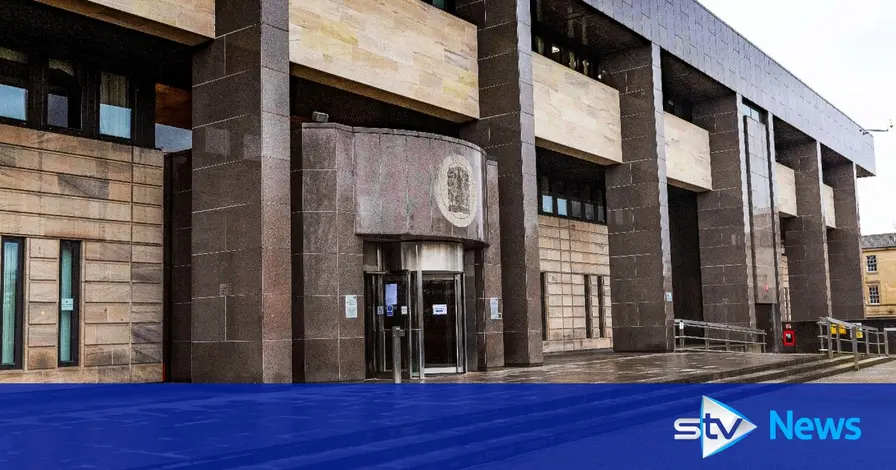
Kohli to stand trial on sex offence charges
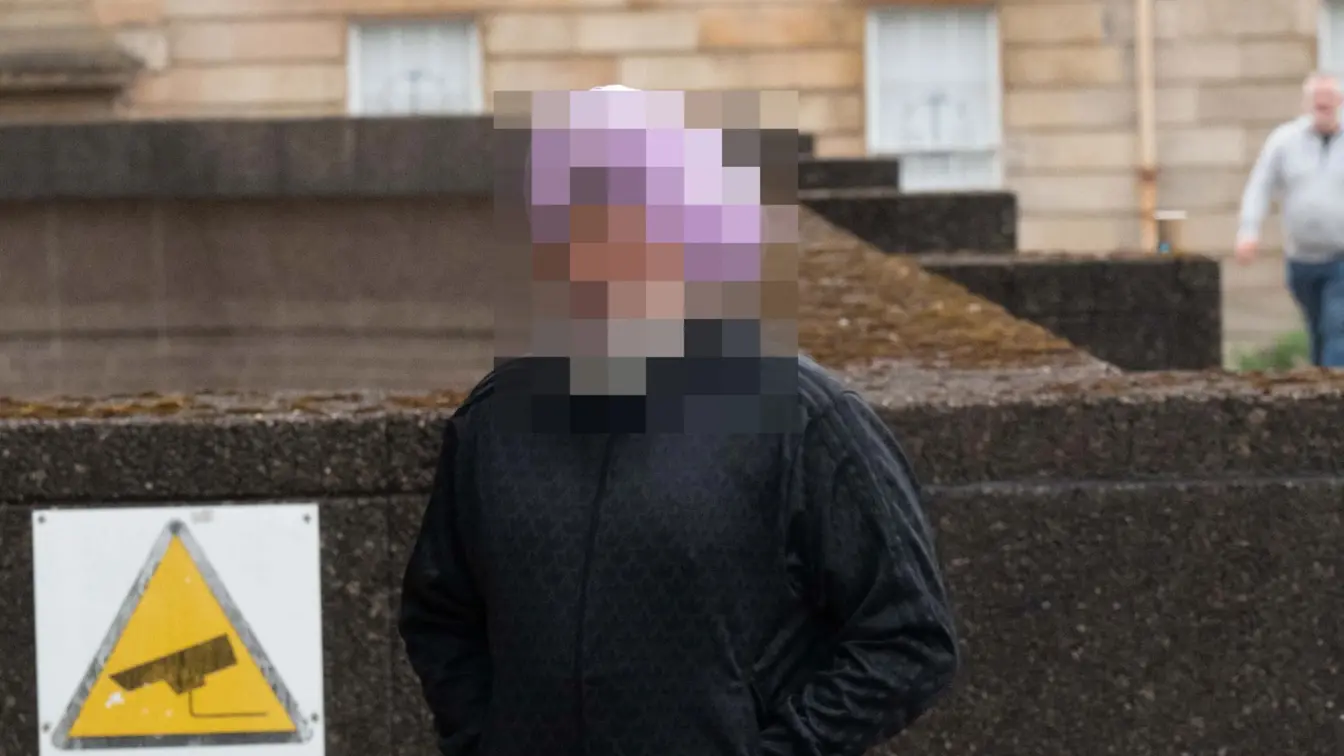
Scottish TV host faces six sex charge allegations
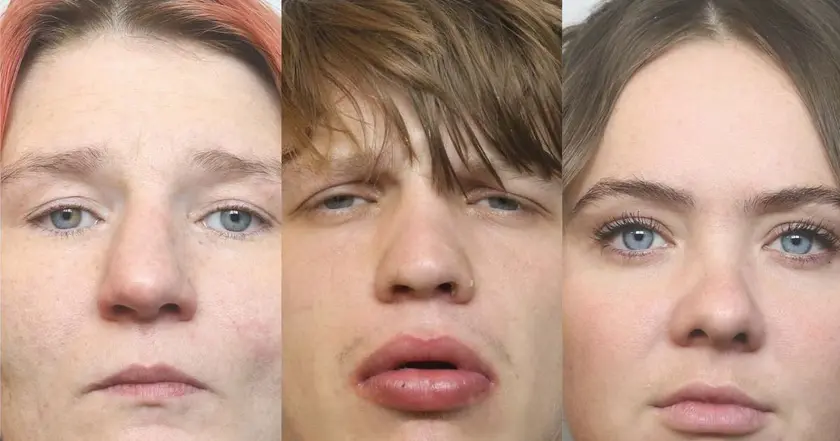
Merseyside jails 66 criminals in July

Thomas Partey faces legal troubles in court

Police officer accused of excessive force in trial

Cassie Ventura Posts on Instagram After Diddy Trial
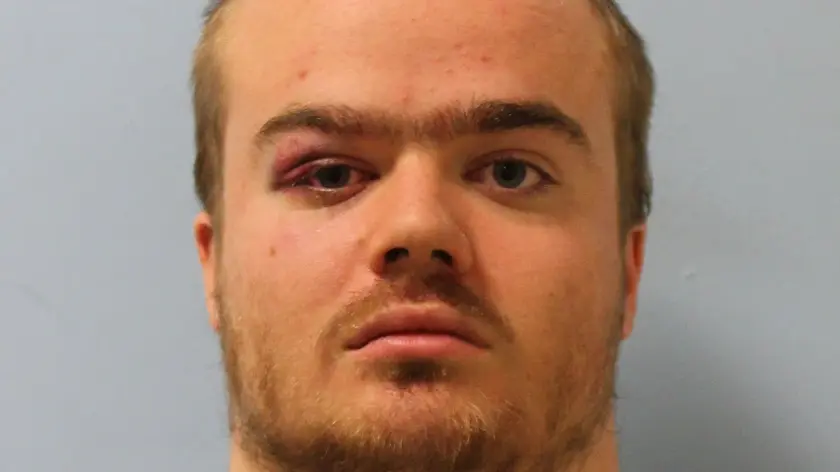
Man charged over attack at Broadmoor Hospital

Ontario court ruling impacts hockey sexual assault trial
